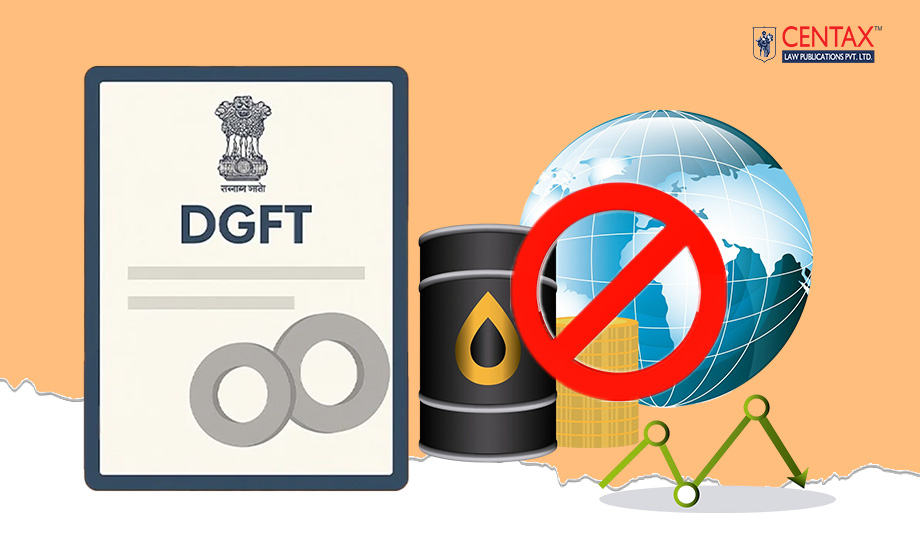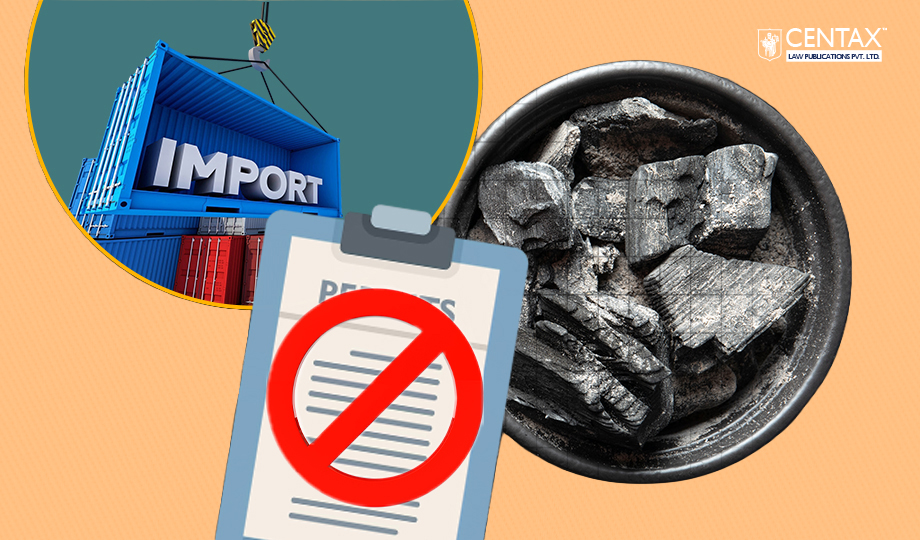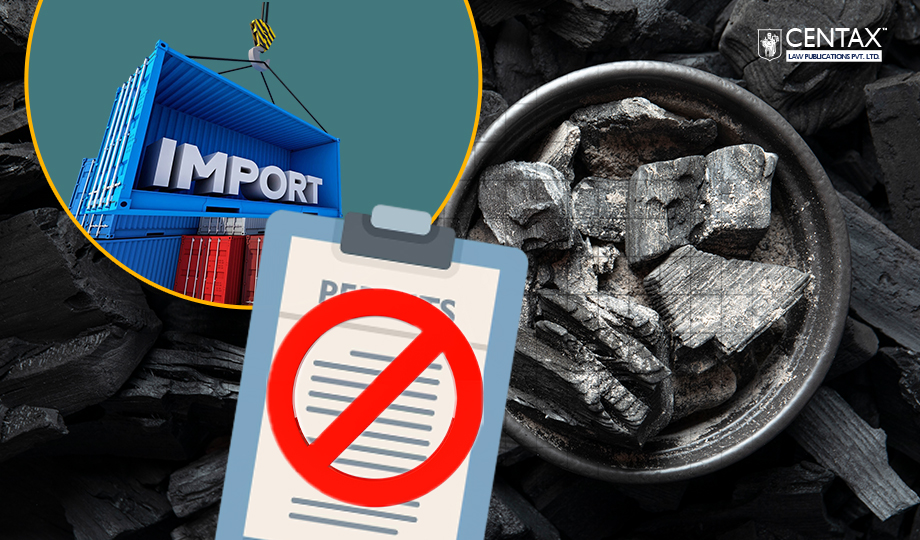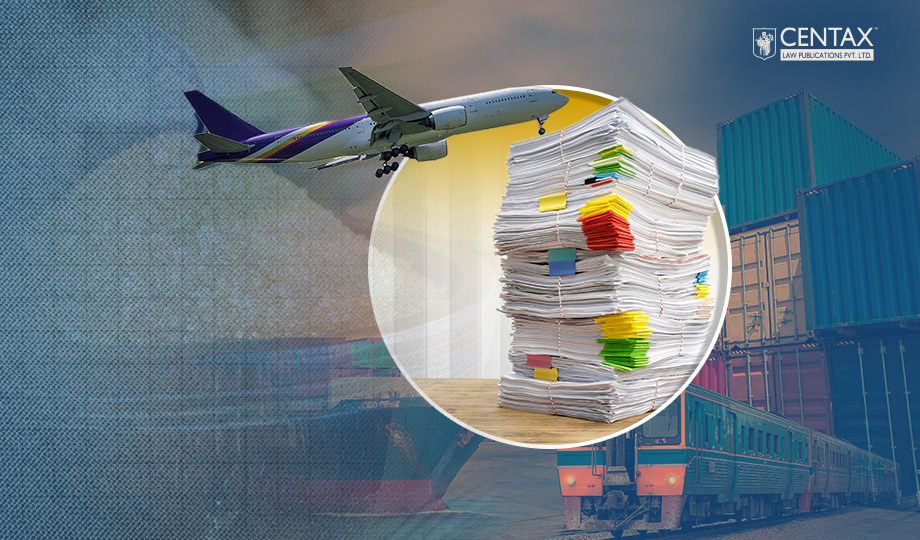
FTP Notification No. 30/2025-26 dated 18 September 2025
1. Introduction
The Directorate General of Foreign Trade (DGFT), vide Notification No. 30/2025-26 dated 18th September 2025, has introduced amendments to the import policy under Chapter 29 of ITC (HS) 2022, Schedule–I (Import Policy). These changes impose specific restrictions on the import of a particular chemical product and take effect immediately.
2. Restriction on Import of ATS-8
The notification places restrictions on the import of ATS-8 {(4R-Cis)-1,1-Dimethylethyl-6-cyanomethyl-2,2-dimethyl-1,3-dioxane-4-acetate}. Specifically, imports of ATS-8 with a CIF value below US$111 per kilogram have been classified as ‘Restricted’. This restriction will remain in force until 30th September 2026. The move seeks to regulate the flow of low-value imports and maintain quality and pricing standards in the domestic market.
3. Classification and Applicability
By categorising such imports as ‘Restricted,’ DGFT has effectively brought them under licensing control, requiring prior authorisation for clearance. This classification aims to strike a balance between legitimate industrial requirements and the need to prevent market distortions from low-cost imports that could impact domestic producers.
4. Exemptions from MIP Condition
Importantly, the notification provides exemptions to certain categories of importers. The Minimum Import Price (MIP) condition will not apply to imports made by Advance Authorization holders, Export Oriented Units (EOUs), and Special Economic Zones (SEZs). However, this exemption is conditional on the requirement that such inputs are not diverted into the Domestic Tariff Area (DTA), ensuring that the benefit is confined strictly to export-linked production.
5. Conclusion
The DGFT’s amendment marks a targeted intervention to regulate the import of ATS-8 while safeguarding the interests of genuine exporters and special units. By imposing restrictions on low-value imports but exempting export-oriented sectors, the policy balances domestic market stability with trade facilitation. The measure is expected to curb misuse of cheaper imports while ensuring uninterrupted supply of inputs for India’s export-driven industries.



















